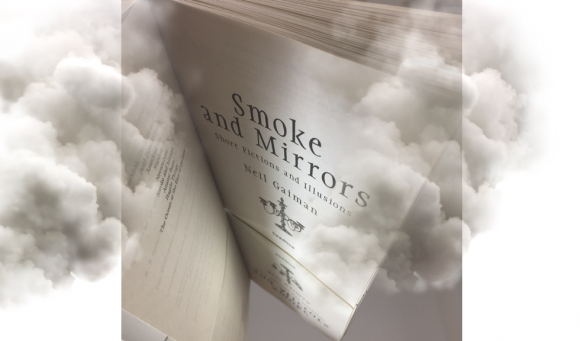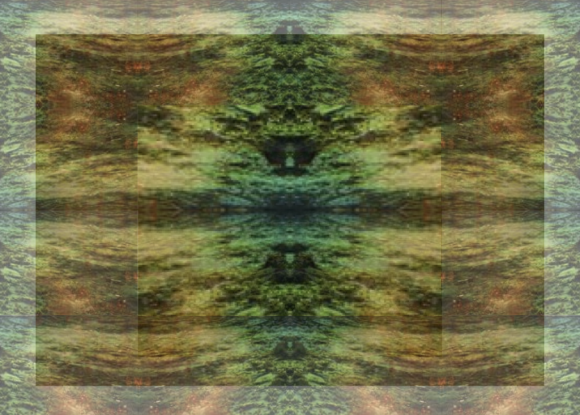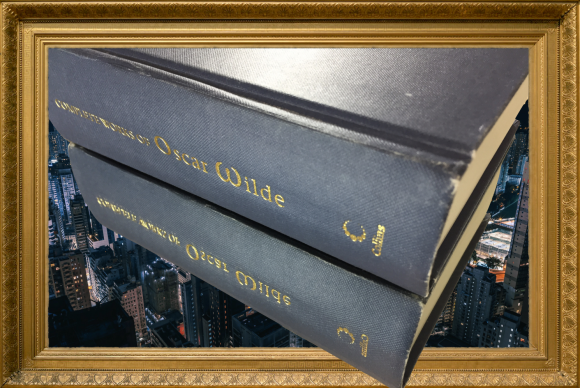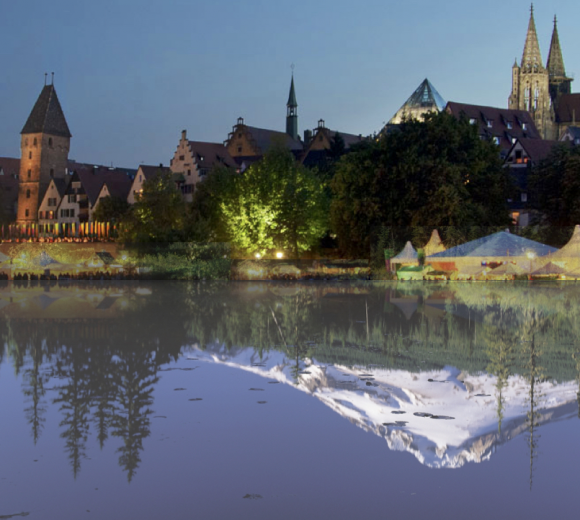
Mirrors — those of the symbolic flavor, i.e. mirrors of the soul — don’t necessarily have to be visual. In one of Neil Gaiman’s short stories, a narrative work of art (i.e. a story-in-a-story) does the same trick that Oscar Wilde’s painting of Dorian Gray performs. Thus Gaiman removes the symbolic mirror one step further from literal mirrors.







